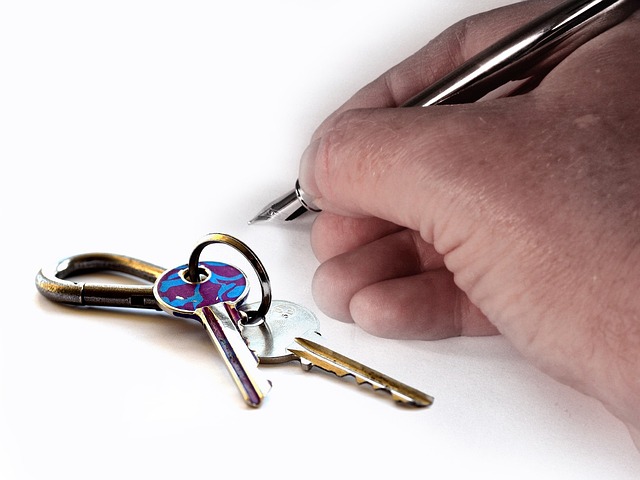In real estate management, thorough inspections using digital tools help identify critical repairs for property value maintenance and tenant satisfaction. Prioritization focuses on safety, comfort, health, and severity, with structural stability and essential services as priorities. Efficient coordination involves swift communication to contractors, ensuring timely repairs. Strategic dispute resolution through open communication channels, structured mediation, and clear updates prevents escalation, fostering trust among managers, tenants, and service providers. This comprehensive approach enhances relationships, minimizes disputes, and contributes to a positive living experience in today's competitive real estate market.
In the dynamic realm of real estate, efficient repair coordination and swift dispute resolution are key to maintaining property values and customer satisfaction. This comprehensive guide delves into the essential practices for identifying and prioritizing repairs in properties, employing effective strategies to navigate disputes, and implementing best practices for seamless repair processes. By exploring these tactics, real estate professionals can enhance their service quality and foster robust client relationships.
Identifying and Prioritizing Repairs in Real Estate Properties

In the realm of real estate, identifying and prioritizing repairs is a crucial step in maintaining property value and ensuring tenant satisfaction. The process begins with thorough inspections that meticulously assess every aspect of the property, from structural integrity to operational efficiency. By employing digital tools and expert insights, managers can accurately identify urgent issues, such as roof leaks or faulty electrical systems, which require immediate attention to prevent further damage.
Prioritization is then determined by the impact on tenants’ safety, comfort, and health, as well as the severity of the issue. Repairs that affect structural stability or essential services like heating and plumbing are at the top of the list. Efficient coordination involves communicating these priorities to contractors promptly, ensuring repairs are handled within reasonable timelines. Effective dispute handling further enhances this process by addressing tenant concerns directly and facilitating quick resolutions, fostering a harmonious relationship between property managers, tenants, and service providers.
Efficient Dispute Resolution Strategies for Real Estate Transactions

In the dynamic realm of real estate, efficient dispute resolution is paramount for maintaining harmonious relationships between buyers, sellers, and intermediaries. Prompt handling of disputes not only fosters trust but also ensures transactions conclude smoothly. Strategize ahead by establishing clear communication channels—open dialogue allows parties to air concerns early, preventing escalation. Transparency builds, encouraging collaborative problem-solving.
Implementing structured mediation processes can effectively navigate complex situations. Mediators act as impartial facilitators, guiding discussions and helping all involved reach mutually agreeable solutions. This approach not only saves time and legal costs but also strengthens bonds within the real estate community. By embracing these strategies, stakeholders can navigate challenges efficiently, ensuring a smoother, more satisfying experience throughout each transaction.
Best Practices for Prompt Repair Coordination and Customer Satisfaction

In the fast-paced world of real estate, prompt repair coordination is key to maintaining property values and ensuring tenant satisfaction. The best practices involve establishing clear communication channels between property managers, contractors, and tenants. Regular updates on repair progress, transparency in scheduling, and proactive issue identification can significantly reduce dispute occurrences. Efficient coordination means timely repairs, minimizing disruption to tenants’ lives and property value.
Furthermore, fostering a culture of responsiveness and accountability is vital. Property managers should set realistic expectations, clearly outline the repair process, and maintain open lines of communication throughout. Prompt resolution of disputes through fair mediation or arbitration not only enhances tenant-landlord relationships but also contributes to a positive overall living experience, making your real estate venture more successful and sustainable.






